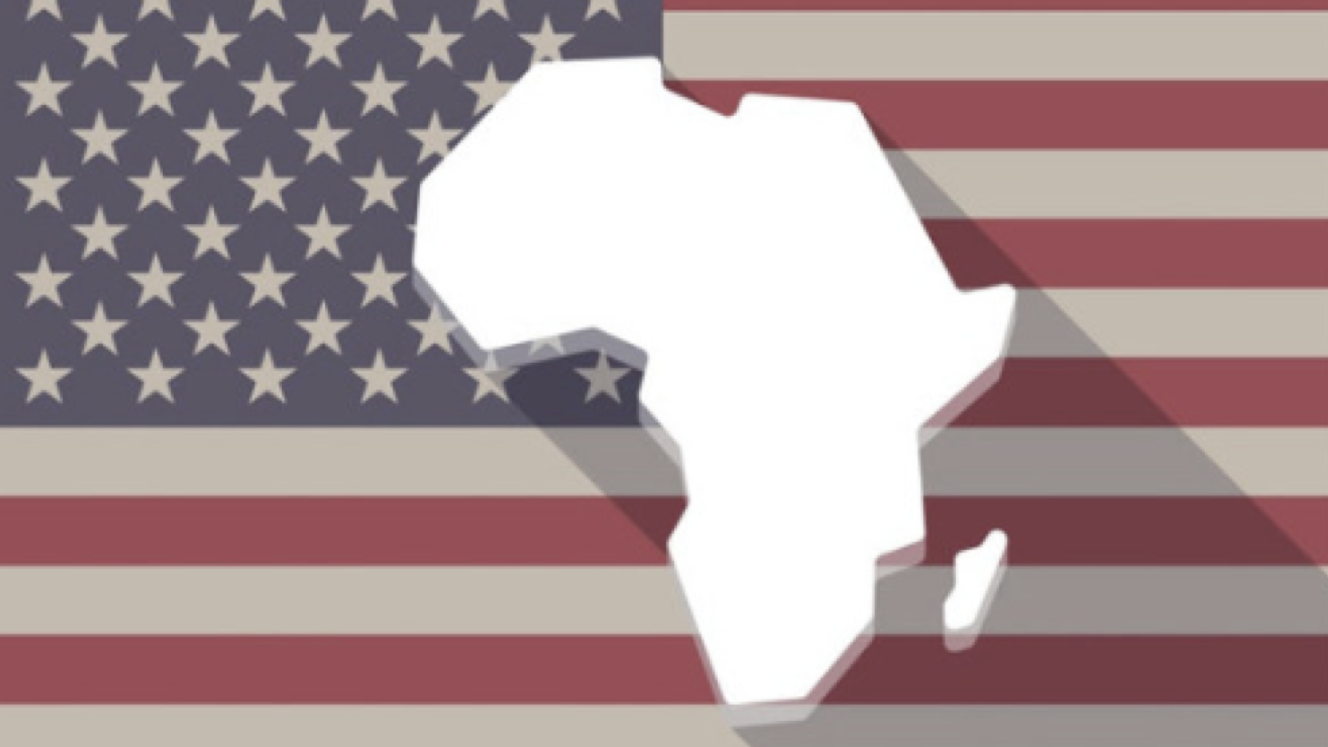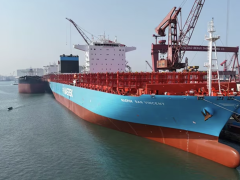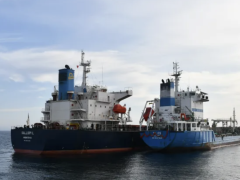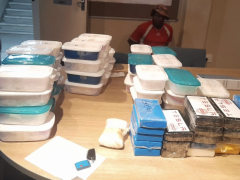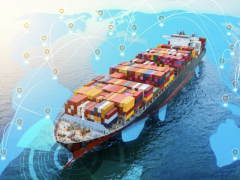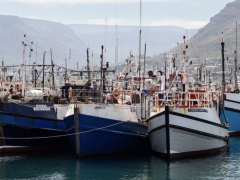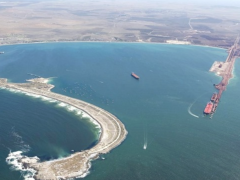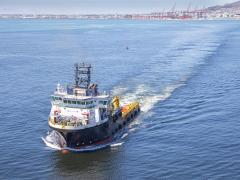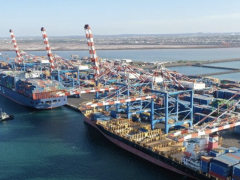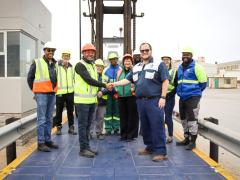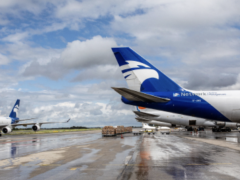There are opportunities for South African companies to increase trade with countries in the East African Community (EAC), which is home to over 145 million people and has a combined gross domestic product of over US$148 billion, according to respondents to an FTW survey.
Countries identified as having the greatest potential for growth in two-way trade are Malawi, Mozambique, Kenya, Tanzania and Zambia.
Anup Rampiar of commodity trading company Ameropa Commodities says an increase in foreign direct investment in East Africa will help improve liquidity, which means that foreign exchange will become available to pay for imports.
The investments will see an increase in minerals exports.
On the import side there is growing demand for agricultural equipment and fertilisers.
Moffat Andanje of Procet Freight says South African companies could look at sourcing unfinished and semifinished agricultural goods from East Africa such as tea, coffee, nuts, fresh produce, flowers and fresh water fish. Minerals would include fluorspar and soda ash.
In turn, South African companies can leverage their closer logistical connections with the region (which should translate into lower costs) in order to compete against suppliers in the east.
Peter Ndlovu of logistics service provider Owakhe RLS says he expects to see growth in demand for industrial goods, food products, and energyrelated equipment for the oil and gas and solar sectors from East Africa.
Scott Cameron, office chief of the USAID/Kenya and East Africa Office of Economic Growth and Integration, writes on the USAID site: “East Africa – the source of some of the world’s best coffee – is poised for robust growth in agriculture, financial services, medicine, textiles and apparel.”
Logistics is becoming more efficient. “In recent years, the cost of importing or exporting a shipping container in East Africa has been cut in half, and almost all goods entering the region clear customs only once,” says Cameron.
Andy Connell of supply chain logistics consultancy A-Bar-C Services adds that investment in port infrastructure is helping to improve trade prospects.
“Shipping lines and logistics 3PLs are staffing up with better management in anticipation of growth,” he says.
Transnet has also identified opportunities for logistics specialists, according to Captain Faisal Sultan of Transnet National Ports Authority in Port Elizabeth.
In March this year it launched Transnet International Holdings (TIH) to facilitate multiple rail, port and pipeline projects in the rest of Africa, Transnet chief executive Siyabonga Gama said at the launch.
TIH is currently focusing on Zambia and Zimbabwe in the East and Southern African regions, according to Gama.
